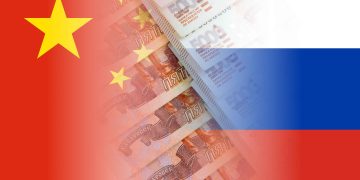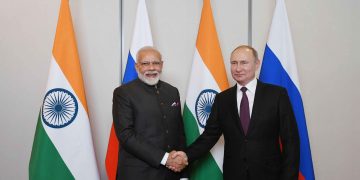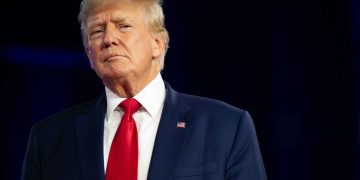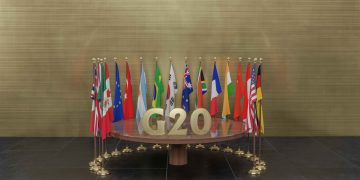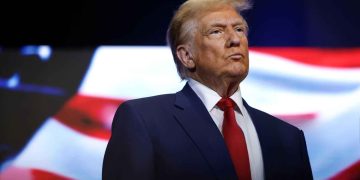More than 20 world leaders are converging in Kazan, Russia, from October 22-24 for the BRICS Summit, with Russian President Vladimir Putin eager to demonstrate the bloc’s potential to challenge Western economic dominance. This is Russia’s first time hosting the summit since the onset of its special military operation in Ukraine, making it a significant diplomatic event amid ongoing geopolitical tensions.
The gathering serves as a powerful statement against efforts to isolate Russia, as confirmed by the participation of over 36 countries, with more than 20 heads of state attending in person. During the event, Putin will conduct bilateral talks with leaders from nearly 20 countries, reinforcing the significance of the summit for Russian foreign policy. The participation of key figures, including UN Secretary-General António Guterres, marks the UN leader’s first visit to Russia in over two years, despite his previous criticism of Russia’s actions in Ukraine.
The BRICS bloc—comprising Brazil, Russia, India, China, South Africa, and recently expanded to include countries like Egypt, Iran, Ethiopia, and the UAE—is being positioned by Putin as a future driver of global economic growth. The Russian leader noted that the group’s economic influence is set to increase, aiming to reduce dependency on external economic pressures and achieve greater economic sovereignty.
While discussing reforms in the global financial system, Russia’s focus includes establishing alternatives to the current U.S. dollar-dominated framework. Although Putin acknowledged that a unified BRICS currency is still a long-term goal, the idea is under consideration, with plans to bolster the BRICS New Development Bank as part of this strategy.
Amid Western sanctions, Russia seeks to expand trade partnerships with BRICS countries, particularly with India and China. These nations serve as essential markets for Russian goods and potential sources for commercial and military supplies. Furthermore, the Kremlin is pushing for more countries to join a new payment system designed to bypass traditional networks like SWIFT, which would facilitate trade while mitigating the risk of sanctions.
According to Alexander Gabuyev, director of the Carnegie Russia Eurasia Center, BRICS provides unique opportunities for Russia, offering a platform with fewer obligations compared to other international organizations. Gabuyev highlighted the summit’s importance for Putin, underscoring how the event signals the failure of Western efforts to isolate Russia and showcases its role as a leader of a coalition poised to reshape global power dynamics.
The summit represents a strategic effort to bring together key global players, enhancing cooperation across various sectors and challenging the existing Western-centric global order. As Russia continues to navigate international sanctions, the BRICS platform presents an avenue for strengthening economic and diplomatic ties while advancing the group’s shared objectives.



